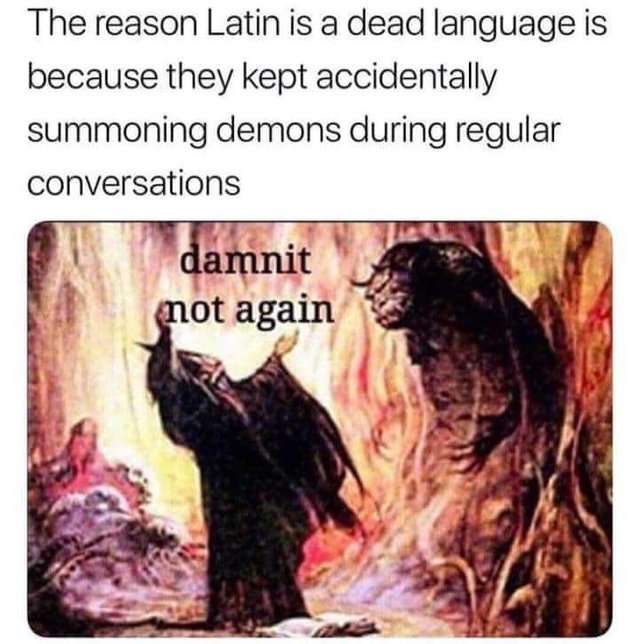Whoever says that magic doesn't exist isn't paying attention.
 |
| Bill Abbott |
Even the simple act of making soup can seem magical, if you stop and think about all of the mysterious alchemic reactions that enable the transformation of a collection of ingredients into something capable of bringing people together, warming their souls, and nourishing their bodies.
Of course, we don't call it magic; we call it "technology." It's not a summoning artifact-- it's just an iPhone. Complex webs of servers and data terminals connect us, not magic portals. The magic box in my hand isn't actually magic; I just paid my phone bill this month.
But what is magic, if not just... the power to make things happen? Just because we (or at least those among us involved in the process of developing such technologies) understand how the work and why they're possible doesn't mean they're any less magical.
Author and scientist Arthur C. Clarke once said, "Any sufficiently advanced technology is indistinguishable from magic."
.png) |
| "Wtf does this mean? Also, where can I buy it?" (You're welcome.) |
The charioteers, of course, are also field healers, and they will use powerful artifacts (such as defibrillators) and, if necessary, arcane rituals (CPR) to keep you alive while they spirit you away into the night.
Once you arrive at the lair (hospital) of very powerful wizards (doctors), you might have more complex rituals (surgeries) performed on your body. If you flatline, the wizards may call in a necromancer (crash team) to do some pretty gnarly rituals.
If that's not magic, I don't know what is.
Of course, it's all part of what we in the nerd world call a "hard magic system," which means there are pretty consistent and meaningful constraints. (We'd call the most fundamental of these the "laws of physics," and while our understanding of these laws change and evolve, the laws themselves do not.) This is in comparison to the "soft magic" universes where Whose Line logic applies (that is it say, everything's made up and the rules don't matter).
The world of medicine has long kept close company with that of magic. Up until relatively recently, they were seen as one and the same. Even in the modern age, as the traditions continue to distance themselves, vestiges of each can be seen in and around one another.
In the United States, EMS workers are distinguished by the blue "Star of Life," displayed on a patch or even into the uniform itself. According to the NHTSA's Office of EMS, the six points represent the six functions EMS serves: detection, reporting, response, on-scene care, transit care, and transfer of care. At the center is the well-known symbol: the rod with a snake wrapped around it.
The legend of Asclepius tells of a demigod son of Apollo (patron god of healers, among other things). The story tells of a young Asclepius performing some unknown act of kindness for a snake, who thanked him by licking his ear. This lick (or... sniff?) is said to have endowed Asclepius with knowledge of the secret magic of healing, which eventually led to his immortalization as the god of medicine.
As long as I fork over my $20 copay, who can stop me from calling cough syrup a "potion"? My favorite barista now recognizes "I beseech thee, O Keeper: bestow upon me the elixir of life" as "Hi, one medium coffee please, extra oat milk and vanilla syrup." (Which I think is very cool of her.)
Sometimes, you just have to believe in magic, even if it's just the everyday kind. Like the modern medicine, or 9-1-1. Or just a really good soup.





